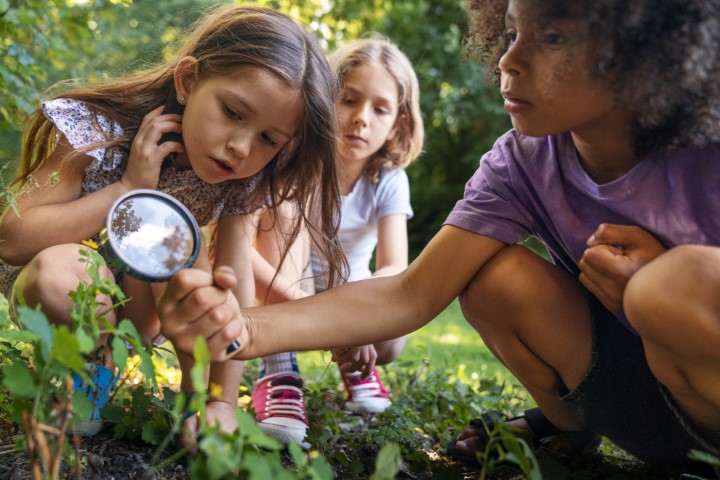In an era dominated by technology and screens, a growing trend is reshaping the early childhood education landscape – nature-based daycares. These innovative childcare centers, set in the heart of natural environments, are gaining popularity for their unique approach to child development. As parents and educators recognize the benefits of nature immersion, nature-based daycares are becoming more prevalent than ever. In this article, we will explore the rise of nature-based daycares, their myriad benefits, and the best practices for creating an enriching outdoor learning environment.
The Nature-Based Daycare Revolution
Nature-based daycares, also known as outdoor or forest schools, are designed to provide children with extended exposure to the natural world. These facilities typically feature outdoor classrooms, garden spaces, and expansive green areas where children can explore, play, and learn amidst the beauty of nature. While the concept has its roots in Scandinavian countries like Sweden and Norway, it has rapidly gained momentum in various parts of the world.
Benefits of Nature-Based Daycares
- Enhanced Cognitive Development: Nature-based daycares encourage critical thinking, problem-solving, and creativity. Nature provides an ever-changing classroom, stimulating curiosity and cognitive development. Children learn to observe and make connections between different elements in their environment.
- Physical Health and Well-being: Spending time outdoors fosters physical activity and promotes a healthy lifestyle. Children engage in running, climbing, and other physical activities that contribute to overall well-being. Fresh air and physical exercise help strengthen the immune system and reduce the risk of obesity.
- Emotional and Social Growth: Interactions in nature-based daycares promote emotional intelligence, teamwork, and communication. Children learn to cooperate, share, and develop empathy as they play together in the natural world. Being in the open environment also reduces stress and anxiety.
- Environmental Awareness: Nature-based daycares instill an early love and appreciation for the environment. Children develop a connection with nature, learn about sustainability, and are more likely to grow into environmentally conscious adults.
- Improved Concentration: Exposure to nature has been shown to improve attention spans and reduce symptoms of attention deficit disorders. The natural world provides a calming and focused environment for children.
Best Practices for Nature-Based Daycares
- Safety First: Safety should always be a priority. Staff should be trained to manage outdoor risks, and the environment should be regularly assessed for any potential hazards. Adequate supervision is essential to ensure the well-being of all children.
- Qualified Staff: Employ educators who are passionate about outdoor education and have relevant certifications or training in nature-based teaching. They should be able to create a curriculum that aligns with state or national education standards.
- Child-Led Learning: Nature-based daycares emphasize child-led learning, where the interests and curiosities of the children guide the curriculum. Educators act as facilitators, helping children explore their questions and interests in nature.
- Outdoor Facilities: Provide a well-equipped outdoor environment with access to a variety of natural elements, such as trees, water features, gardens, and wildlife. This allows children to have diverse experiences in the natural world.
- All-Weather Approach: Nature-based daycares often operate year-round. Proper clothing, shelter, and equipment for all types of weather are essential to ensure that outdoor activities can continue, regardless of the season.
- Parent Engagement: Encourage parents to actively participate in their child’s outdoor learning experience. Regular communication and opportunities for parents to visit the daycare and engage in nature-based activities can strengthen the connection between home and daycare.
The rise of nature-based daycares represents a refreshing shift in early childhood education. By providing children with daily access to the natural world, these innovative centers are cultivating a generation that values nature, possesses a strong educational foundation, and thrives in both their physical and emotional well-being. As the trend continues to gain momentum, the benefits of nature-based daycares are being realized, setting the stage for a brighter, more sustainable future for our children.




